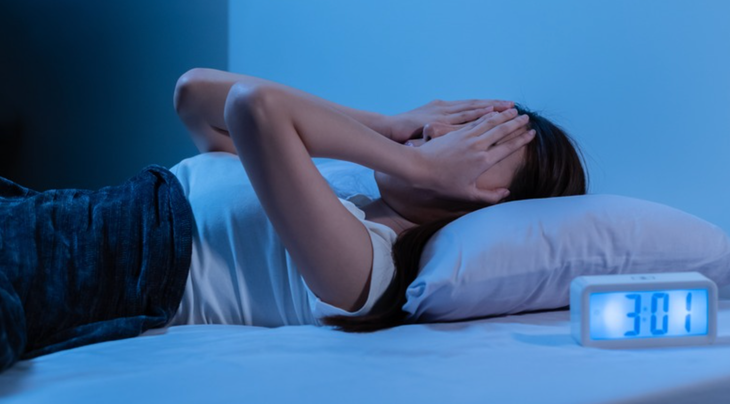
Lack of sleep makes us feel older - Photo: SHUTTERSTOCK
According to research published in the medical journal BMJ Open , just two nights of sleep deprivation is enough to make us feel older. On the contrary, good and regular sleep helps our minds become comfortable, forgetting this feeling.
A Swedish team found that participants felt, on average, four years older after getting just four hours of sleep for two nights in a row. Some even felt they had aged decades.
Meanwhile, people who lay in bed for nine hours claimed they felt about three months younger than their actual age.
“Sleep has a huge impact on how old you feel, and this also affects your long-term sleep patterns,” said study author and psychologist Dr Leonie Balter.
Even if you only sleep less for two nights in a row, it can have a big impact on how you feel (age).
According to Ms. Balter, feeling older also affects people's physical and mental health.
People who feel this way often eat unhealthy, exercise less, and are less willing to socialize or take on new experiences.
Balter's team conducted two separate studies. In the first study, 429 people aged 18 to 70 completed questionnaires about how they felt after losing several nights of sleep over a month.
The sleepiness levels of these people were also assessed using a standard scale commonly used in psychological research.
The researchers found that volunteers who were sleep deprived on a daily or multiple days felt, on average, three months older than their actual age. Meanwhile, those who slept well felt up to six years younger.
However, the research team is still uncertain about whether lack of sleep can make people feel older.
In a follow-up study, Balter's team asked 186 people aged 18 to 46 how they felt after two nights of adequate sleep (nine hours) and inadequate sleep (four hours).
As a result, volunteers felt 4.44 years older on average when they didn't get enough sleep.
“If you want to feel youthful, the most important thing is to protect your sleep,” says Balter.
In addition, this feeling also depends on each person's sleeping habits, which include two main groups: "early birds" (sleep early, wake up early) and "night owls" (sleep late, wake up late).
Night owls often feel older even when they get enough sleep, while morning birds think the same when their sleep is disturbed.
This discovery helps “shape” people into healthy lifestyle habits, from which they can receive related benefits, Ms. Balter commented.
Exercise helps you sleep better
Another 10-year study of more than 4,000 participants, published in the journal BMJ Open , found that regular exercise two to three times a week improved sleep.
The team analyzed the exercise habits and daytime sleepiness of all the volunteers. They found that those who exercised twice a week (for more than an hour each time) fell asleep 42% easier than those who did not exercise and 55% more than those who “slept normally.”
Source




![[Photo] General Secretary To Lam receives Japanese Ambassador to Vietnam Ito Naoki](https://vstatic.vietnam.vn/vietnam/resource/IMAGE/2025/4/3/3a5d233bc09d4928ac9bfed97674be98)

![[Photo] Special relics at the Vietnam Military History Museum associated with the heroic April 30th](https://vstatic.vietnam.vn/vietnam/resource/IMAGE/2025/4/3/a49d65b17b804e398de42bc2caba8368)
![[Photo] Moment of love: Myanmar people are moved to thank Vietnamese soldiers](https://vstatic.vietnam.vn/vietnam/resource/IMAGE/2025/4/3/9b2e07196eb14aa5aacb1bc9e067ae6f)
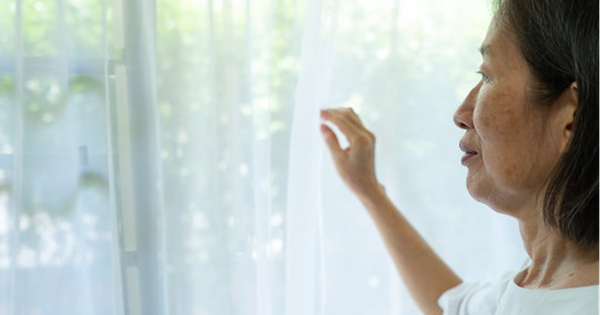

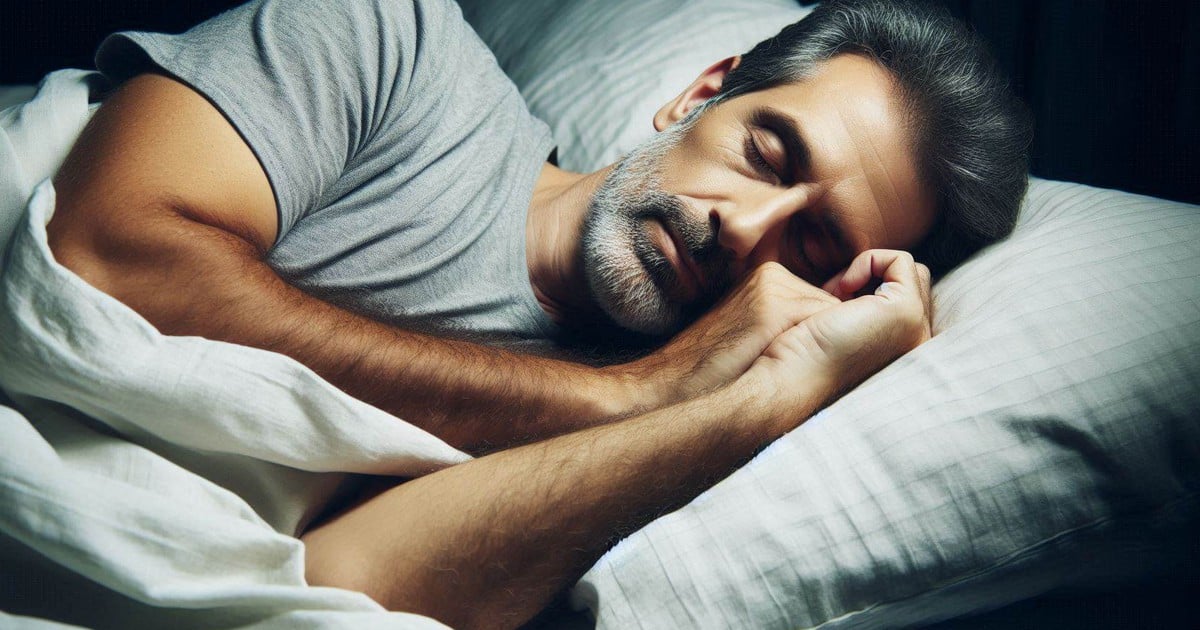

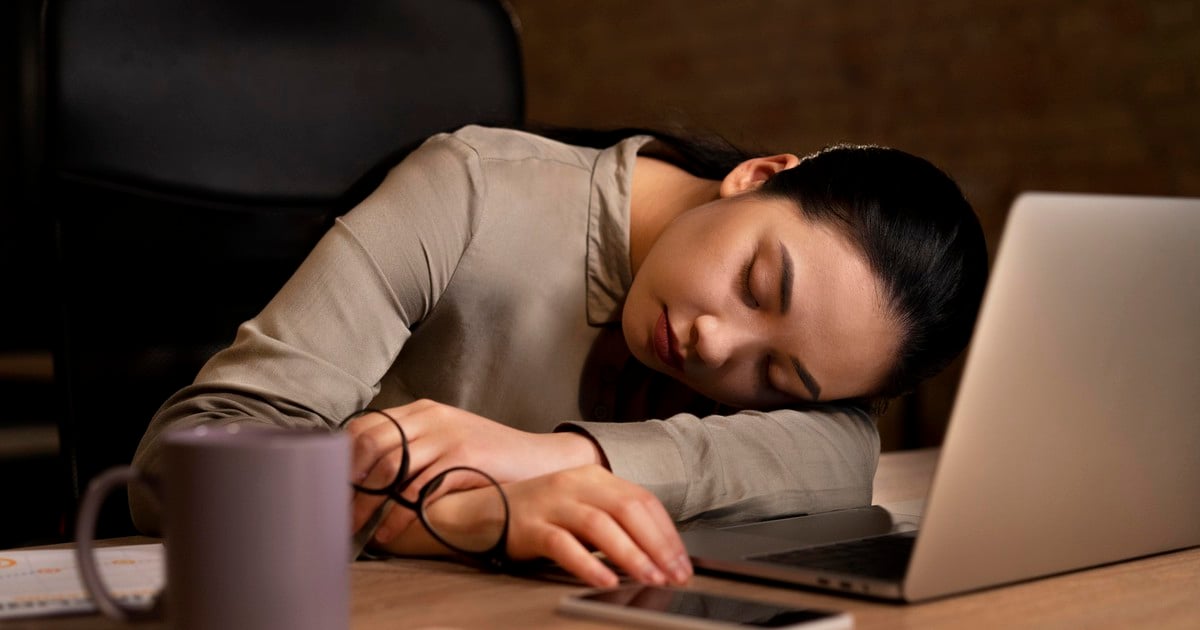






![[Video] Hanoi strengthens food safety control at schools, tightens handling of violations](https://vstatic.vietnam.vn/vietnam/resource/IMAGE/2025/4/3/c9a2202768fb4d6dbd70deaf3f28979f)









































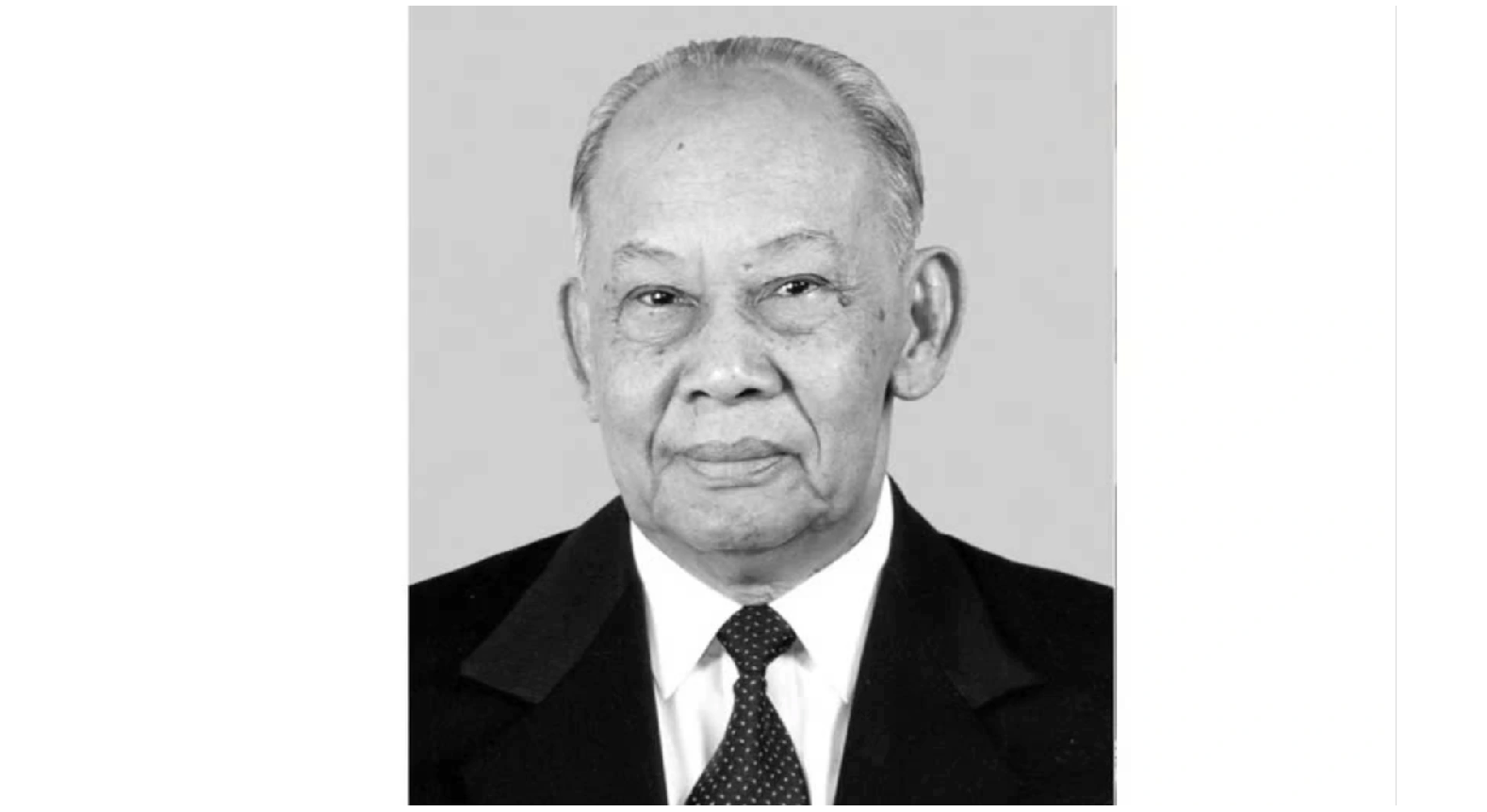











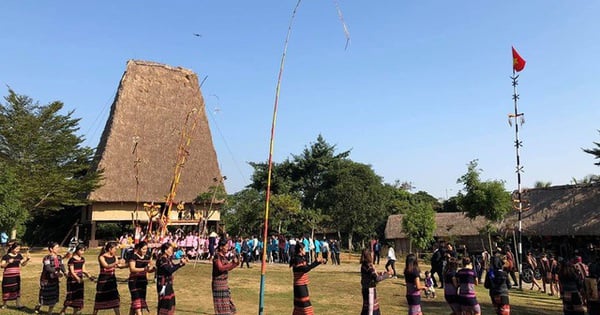

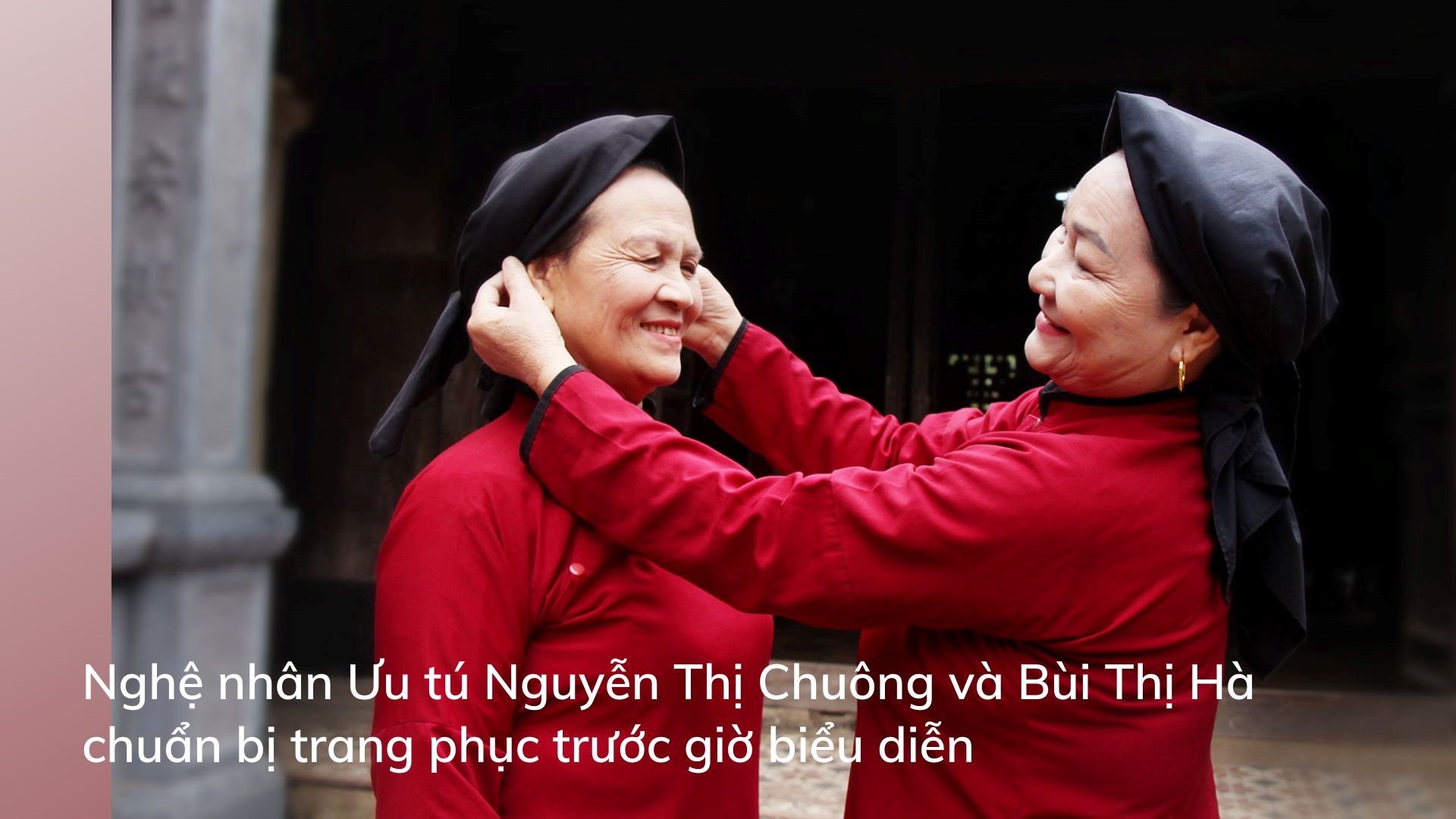



















Comment (0)